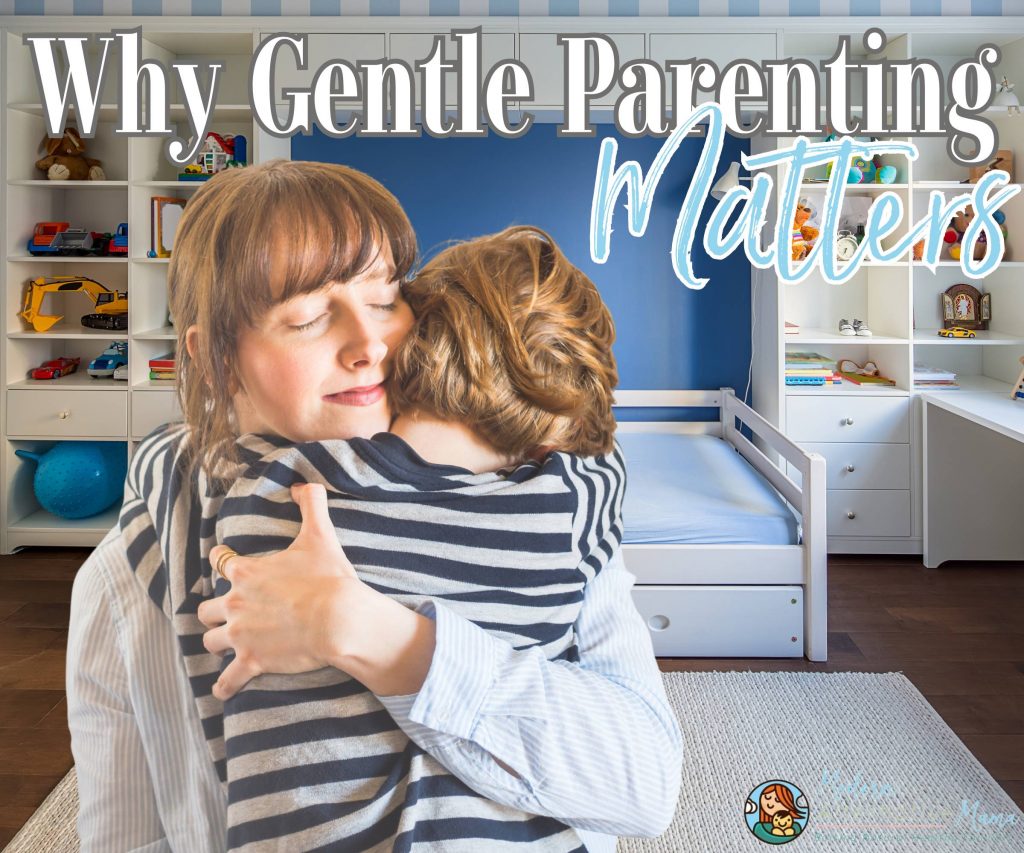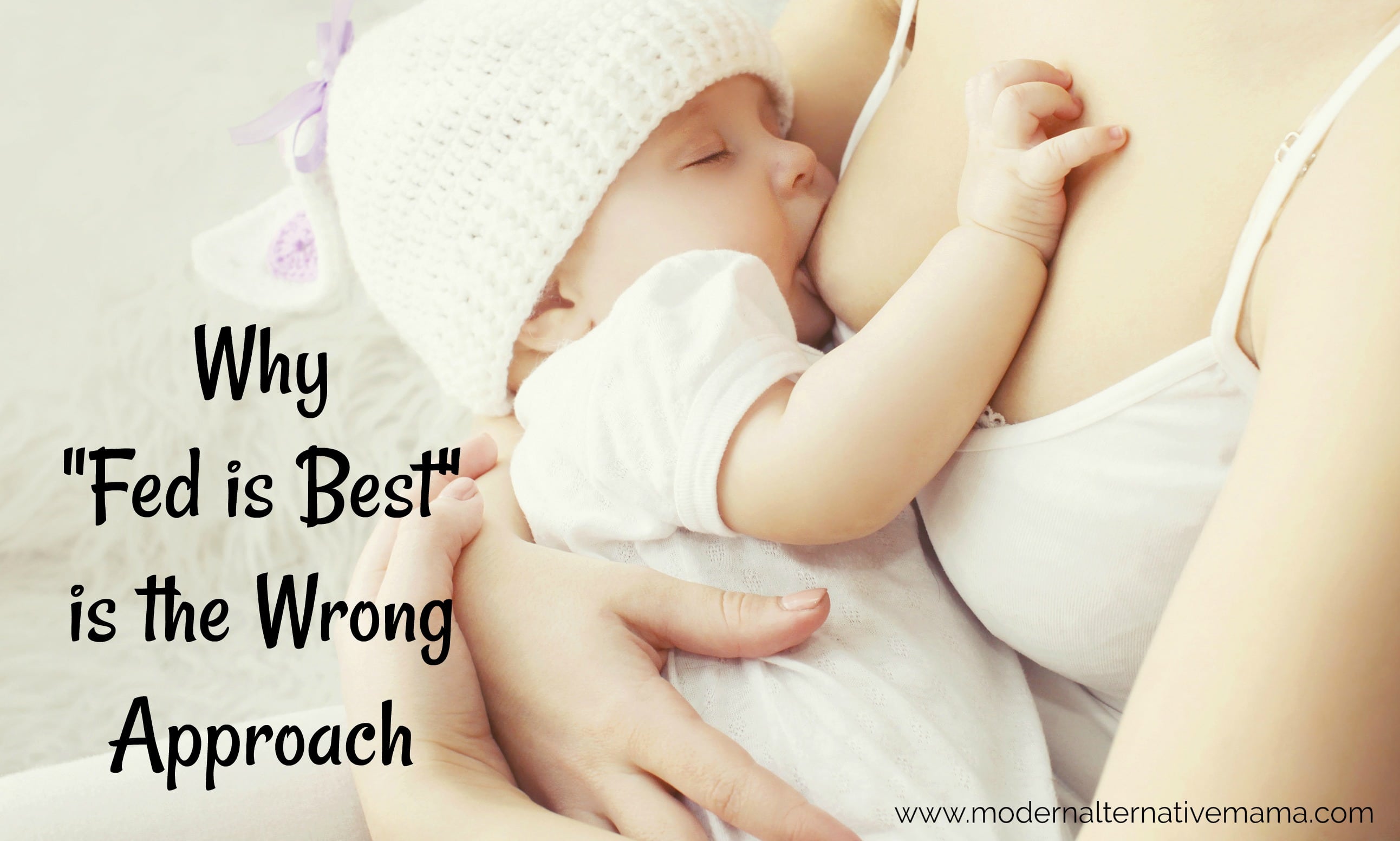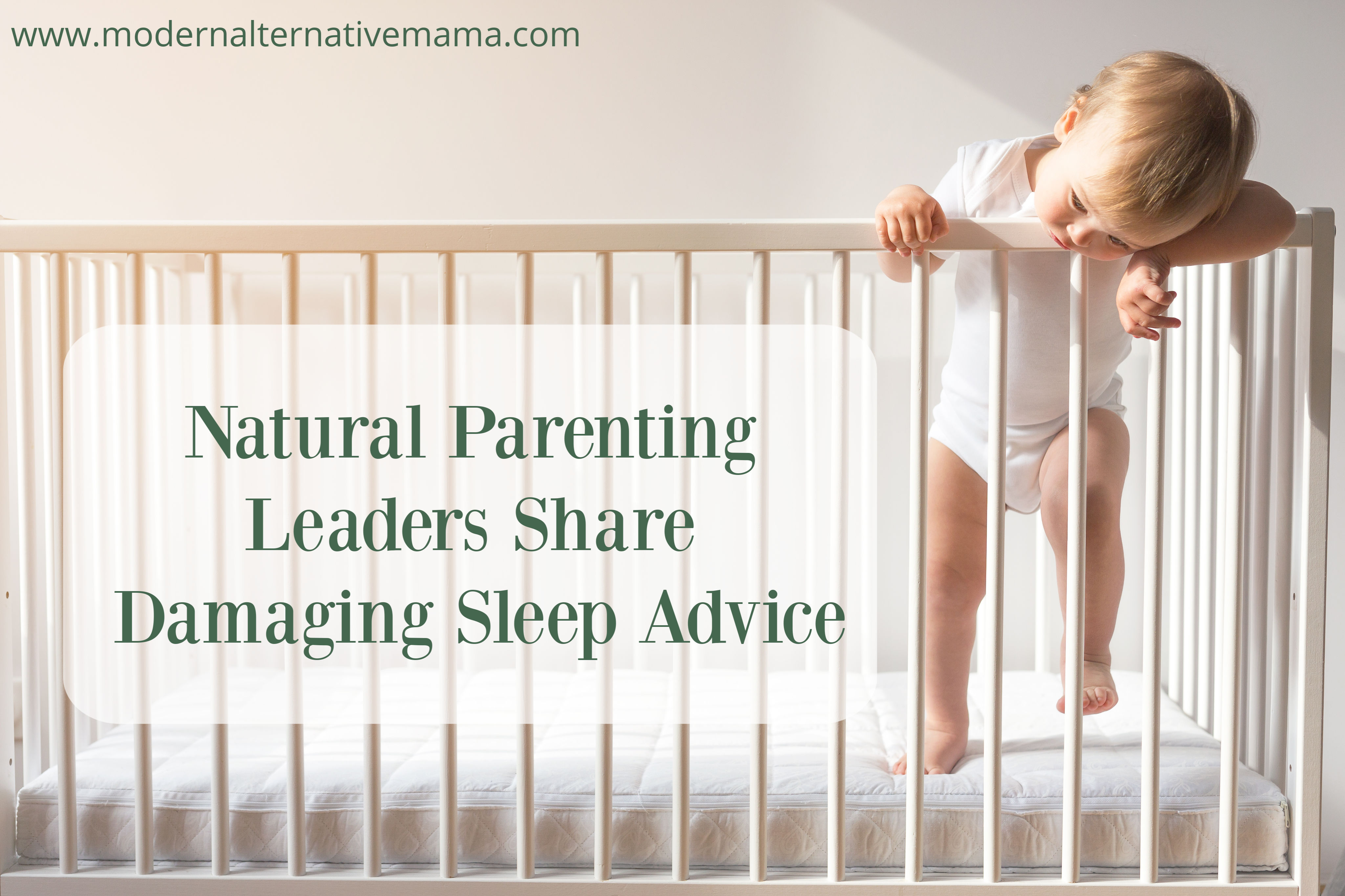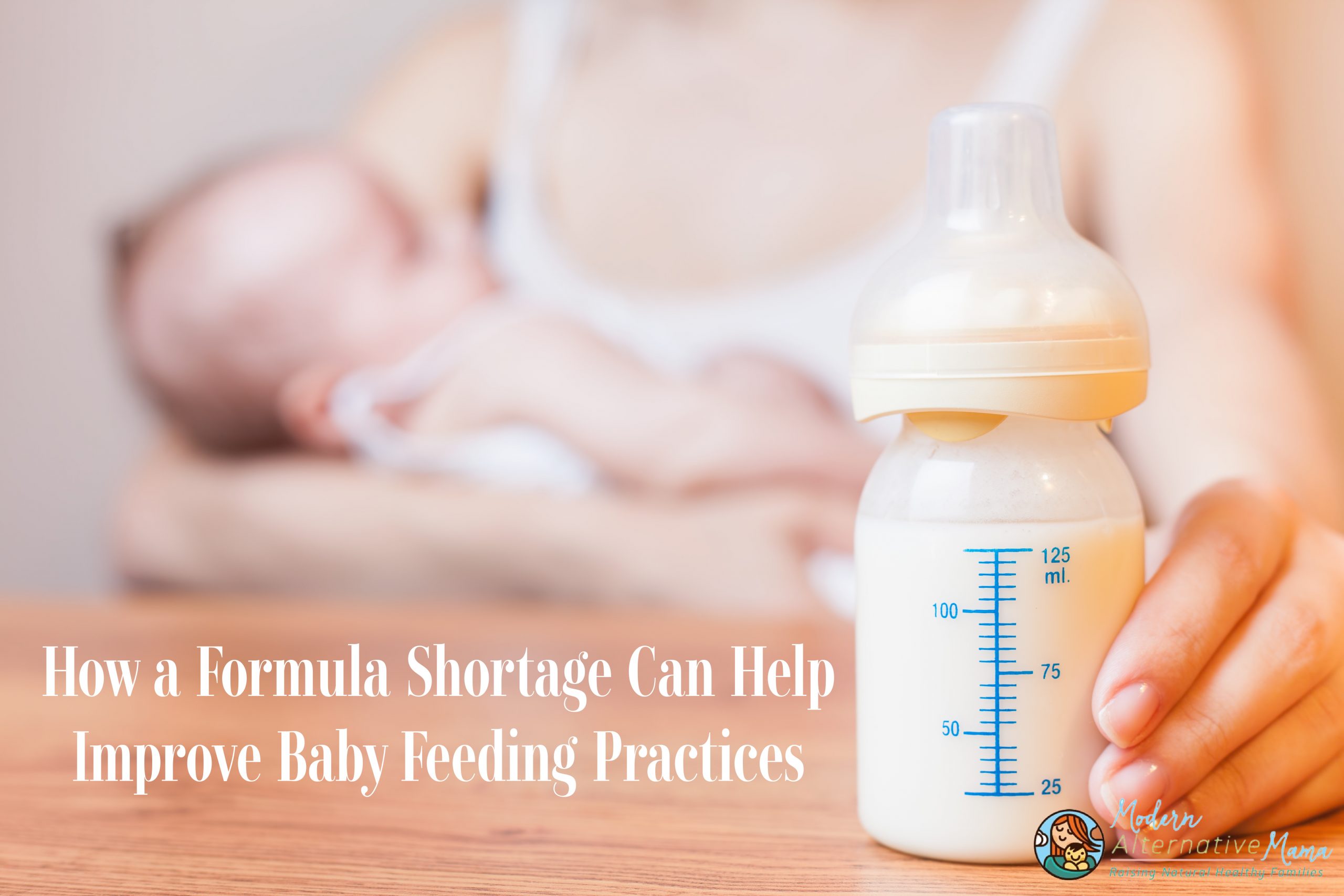For years I dreamed of being a mommy. In fact, as a little girl, whenever anyone would ask me what I wanted to be when I grew up, I always said, “I want to be a wife and a mommy.” I couldn’t imagine myself doing anything else. Actually, I also said that I wanted to have ten kids as well!
I knew in my head that I wanted to raise them in a loving, kind, and caring environment. One that didn’t freak out if my kids didn’t do exactly as I told them to. I knew I didn’t want to raise my kids in a militant lifestyle.
And I’m happy to say that’s exactly what I’ve achieved.
Now, don’t get me wrong. Our house is not a free-for-all without rules or boundaries. Our kids don’t run all over my husband and me and tell us what they’re going to do because we’re too afraid to parent them.
Instead, we’ve spent years getting our children’s hearts, through a gentle parenting model.
I’m happy to say that since our kids range in age from one to seventeen years old, we can see this model working out very well.
It’s just a great way to parent!
So What is Gentle Parenting, and Why Does Gentle Parenting Matter?
In its purest sense, gentle parenting is a model that involves four main characteristics:
- Empathy
- Respect
- Understanding
- Boundaries
It’s easy enough to see, with a little common sense, that by implementing those four main strategies into your parenting, you should theoretically raise happy, healthy, and well-adjusted children.
But why does it matter?
You are Your Kids’ Biggest Advocate
If your kids can’t count on you as the parents, then who can they count on?
Life is hard, and I know full well that when I send my kids out into the world in whatever capacity that may be, not everyone is going to think that they are amazing like I do.
But if I have implemented the four characteristics of gentle parenting as I raise my kids, then my kids will know that I am always here to support them, love them, and encourage them.
By developing an understanding with my kids, I will also develop the trust that they need to become well-adjusted adults someday. I want my kids to always know that I am here for them no matter what.
That starts with gentle parenting.
Building Trust Starts Early
Gentle parenting builds a safety net between you and your child and develops a trust that runs deep.
I’ve been so excited to watch my kids turn into teenagers and consider my husband and myself their best friends. Why? Because we’ve chosen a gentle parenting model that has taught them that they can trust us from an early age.
Since I haven’t been screaming at them since toddlerhood, they know that I am someone who will listen, understand, give them empathy, and help them through whatever struggle they may be facing.
This trust that builds between you and your children won’t just come unless you develop it.
Gentle parenting is an excellent way to form a bond with your child that will carry well into adulthood. Just as we are seeing in our household, you can eventually develop your parenting relationship into a friendship between you and your children.
If you want a relationship that is similar to the one I describe, then gentle parenting is definitely a great foundation for your relationship with your kids.
Gentle Parenting Considers Your Child’s Feelings
For some reason, we as adults tend to forget that kids are little people that are full of feelings. I, myself have been guilty of forgetting that even though I follow a gentle approach to parenting. To my shame, I have misspoken to my kids on more than one occasion, failing to consider that my words have an impact on the way that they feel.
Of course, I’ve been able to go back and make things right with my kids, but I believe that is only possible because we have an understanding in our relationship that comes from years of gentle parenting.
Let me encourage you to remember that your kids have feelings, and the way you treat those feelings really matters. Gentle parenting is important because it considers the fact that your kids are impacted by the way you respond to them.
Do you brush them aside quickly, not considering their thoughts? Or do you take the time to really listen to what your kids are saying, asking, or needing?
Whether it’s a two year old wanting to share his latest findings from the sandbox with you, or a teenager with a broken heart, gentle parenting stops, and exercises understanding and compassion.
I have found that more often than not, if I just take the time to really listen to my kids in a gentle and understanding way, then they respond much better than if I am brusque with them.
Considering your child’s feelings in an understanding way is one of the reasons why gentle parenting matters.
Gentle Parenting has Many Benefits
It would stand to reason that if you treat your kids in a kind manner, there will be benefits.
When you take the time to practice gentle parenting, I can assure you that your household will be much more peaceful and happy. Why? Because generally speaking, most people respond better to gentle correction and guidance rather than harsh and authoritarian rulership.
Kids who are raised in a home that models a gentle parenting approach, have notably been more intelligent, more compassionate, more kind, much better adjusted, have a better outlook on life, are much healthier in general, and the list goes on.
I think you can see there are many benefits to a gentle parenting approach, without really having to think too deeply.
As you can see from my own personal testimony, one of the greatest benefits of gentle parenting that I have found personally, is a deep relationship with my kids that goes beyond a parenting relationship. My 17-year-old texts me from his bedroom to say goodnight every night before he goes to sleep. My 14-year-old daughter can’t wait to share her most exciting news with me. I’m on the top of her list of important people! That relationship comes from years of gentle parenting.
How Were You Raised?
Did your parents come alongside you and help you through your childhood in a gentle way, or were you more demanded and commanded by authoritative parents who didn’t really listen to your heart?
Think about the results of your upbringing. If your parents used a gentle approach while raising you, then the chances are you are probably following a similar pattern with your children.
However, if you were raised in a house that never considered your feelings, what impact did it have on you? How is that affecting the way you are parenting today?
What ways do you exercise gentle parenting in your household?
SaveSave







